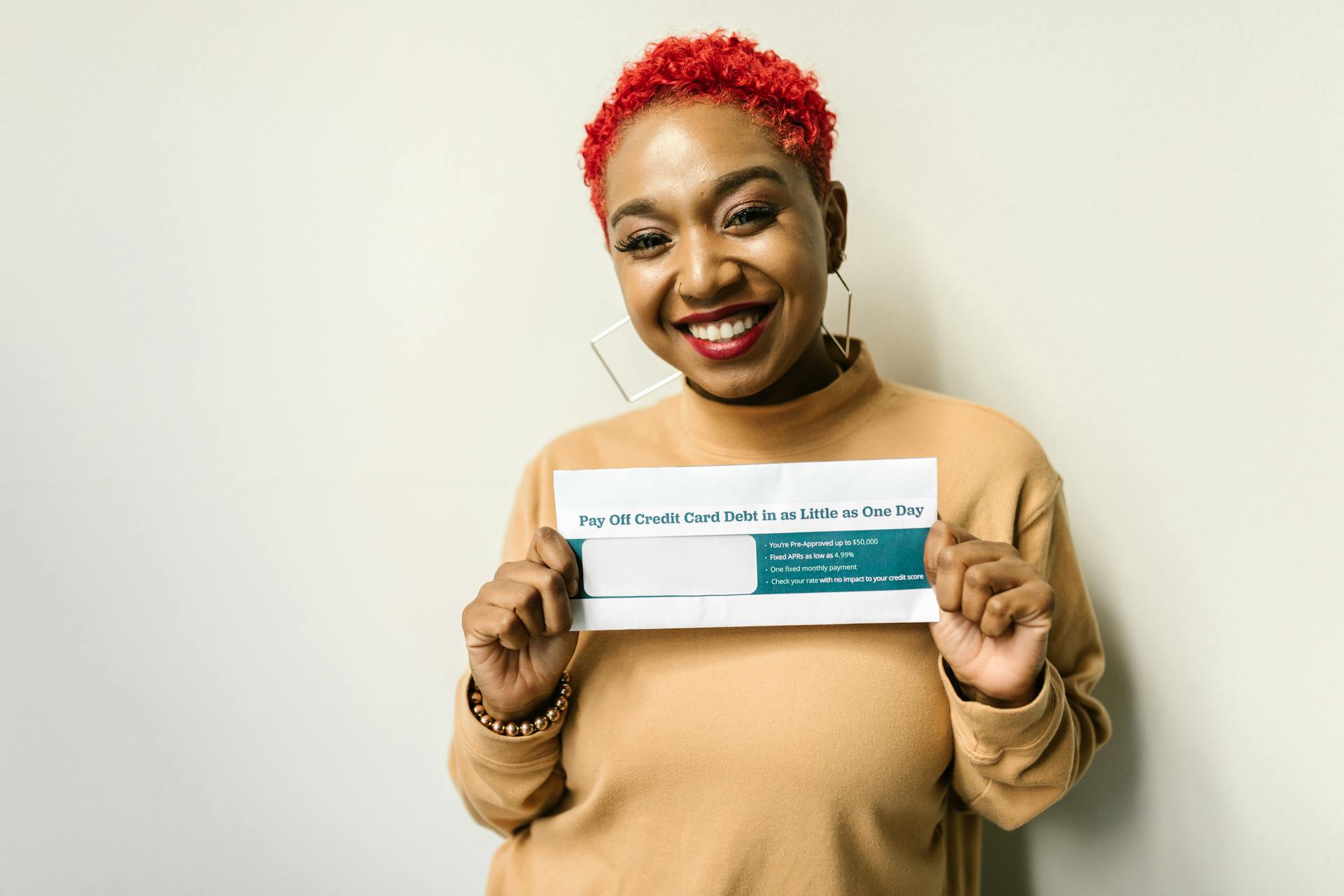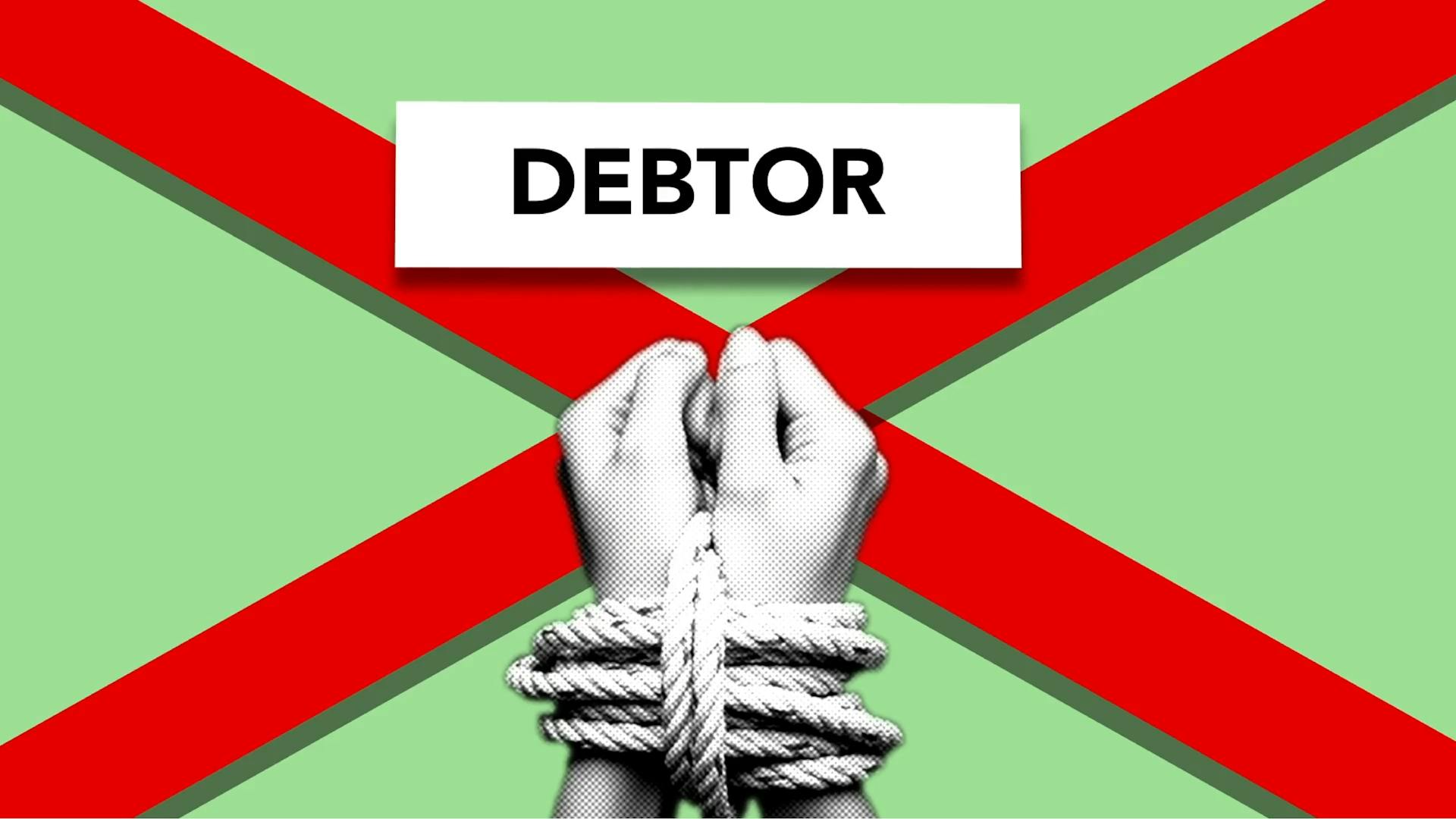
Debt consolidation in South Africa can be a complex and overwhelming process, but understanding your options can make a big difference.
In South Africa, the average household debt is around R200,000, with many people struggling to make ends meet.
Taking out a personal loan to consolidate debt can be a good option, but be aware that interest rates can be high, up to 25% per annum.
Consider working with a debt counselor to get a clear picture of your finances and create a plan to pay off your debt.
What Is Debt Consolidation?
Debt consolidation is a way to simplify your finances by combining multiple debts into one manageable loan or plan. It's a smart move if you're struggling to keep track of multiple payments or want to save money on interest.
South Africans have several debt consolidation options available to them. You can choose the one that best fits your financial situation.
A debt consolidation loan is a loan that combines multiple debts into one loan with a lower interest rate. This can save you money on interest and simplify your payments.
By consolidating your debt, you can reduce the number of payments you need to make each month. This can be a huge relief if you're feeling overwhelmed by your debt.
Here are five common ways to consolidate debt:
- Debt consolidation loan
- Balance transfer credit card
- Home equity loan
- Debt management plan
- A personal line of credit
Benefits and Risks
Debt consolidation can simplify debt management by combining multiple payments into one monthly instalment, making it easier to pay and track.
Simplifying debt management can bring a sense of relief and help you stay on top of your finances.
One monthly instalment can also potentially lower interest rates, saving you money in the long run.
By choosing options with lower interest rates, you can make significant savings over time.
Here are some of the key benefits of debt consolidation in South Africa:
- Simplifies debt management
- Potentially lowers interest rates
- May improve credit score
Consistent on-time payments through debt consolidation can help build a stronger credit score.
What's the Catch?
Debt consolidation can be a double-edged sword. It's a common misconception that it reduces your debt, but in reality, it simply combines all your debt into one loan, extending your repayment time.
This means you'll still have to pay off the original debt, just over a longer period. If you're not careful, you might end up paying more in interest over time. It's essential to try to pay off the consolidated debt within the original repayment period, or as soon as possible, to avoid this trap.
If you have a bad credit score, lenders might increase your interest rate or not grant you the loan at all. This makes debt consolidation a less-than-ideal solution for those in this situation.
Debt consolidation can have some benefits, but it's not a magic solution. It can simplify debt management, potentially lower interest rates, and even improve your credit score if you make consistent on-time payments. However, it's crucial to be aware of the potential drawbacks.
A fresh viewpoint: What Percentage of Gross Salary for Student Loan Repayment
Here are some key things to keep in mind:
- Longer repayment period: You might end up with a longer repayment period.
- Collateral requirements: Some methods require collateral, like home equity loans.
- No long-term solution: Debt consolidation doesn't automatically fix debt problems.
Remember, debt consolidation is not a one-size-fits-all solution. It's essential to consult a qualified professional before making any decisions about your finances.
Credit Reputation Risk
Debt consolidation can help keep creditors from hounding you, giving you some peace while you figure out how to repay your debt.
The COVID-19 pandemic has had a sweeping financial impact, resulting in massive job losses, business closures, and salary cuts.
Debt consolidation may not necessarily ruin your credit reputation, but it's essential to understand the implications.
The emergence of COVID-19 has dramatically changed our lives, and debt consolidation could be a viable option for those struggling to juggle their credit obligations.
If you've been struggling to pay your debts, debt consolidation might be a way to get back on track, but it's crucial to consider the potential impact on your credit score.
Intriguing read: Does a Heloc Impact Credit
Alternative Options
If the idea of replacing your current short-term debt with one consolidated loan isn't an option, there are other solutions to consider. Debt review, also known as debt counselling, is a process where a third party evaluates your finances and negotiates a repayment amount with your creditors.
This process can reduce your interest rate, extend your repayment period, or both, making it more manageable for you. Note that while you're under debt review, you won't qualify for additional loans.
If you're a homeowner with built-up equity on your property, you may be able to refinance your home loan to pay off your short-term debt. This option typically offers lower interest rates, resulting in lower monthly repayments.
Here are some alternative options to consider:
- Debt review: a process where a third party evaluates your finances and negotiates a repayment amount with your creditors.
- Refinancing: using the equity in your property to pay off your short-term debt, often resulting in lower interest rates and lower monthly repayments.
Alternative Options
If debt consolidation isn't an option for you, don't worry, there are other ways to manage your debt. Debt review, also known as debt counselling, is a great alternative. A third-party professional evaluates your finances, income, expenses, and debts, then negotiates a repayment amount with your creditors.
You'll have one manageable monthly payment, and you won't qualify for additional loans while under debt review. This can be a huge relief, especially if you're struggling to keep up with multiple debts.
You might enjoy: Credit Report Account Review Inquiries

Debt review can reduce your interest rate or extend your repayment period, making your debt more manageable. The key is to find a plan that works for you and your creditors.
If you're a homeowner with equity in your property, refinancing might be another option. You can use the equity to pay off your short-term debt, potentially lowering your monthly repayments.
Here are some alternative options to debt consolidation:
- Debt review: A third-party professional negotiates a manageable repayment plan with your creditors.
- Refinancing: Use your home equity to pay off your short-term debt and potentially lower your monthly repayments.
Consult with a professional to determine the best course of action for your specific situation.
Balance Transfer Card
A balance transfer card can be a lifesaver for those struggling with high-interest debt. You can transfer your outstanding balance from other credit cards onto a new card with a lower interest rate, often with a promotional rate as low as 0% for a limited time.
These cards usually come with fees, typically ranging from 3 to 5%. So, it's essential to do your research and crunch the numbers to ensure the outcome is in your favor.
You might enjoy: Credit Union Balance Transfer Credit Cards
Consumer Group
A staggering 190 respondents took part in a survey conducted by JustMoney in November 2020 to gauge the financial health of South Africans.
The survey revealed that debt levels in the consumer group have reached alarming heights, exceeding 80%.
This is a concerning trend that suggests many individuals in this group are struggling to manage their finances effectively.
Frequently Asked Questions
What is the fastest way to get out of debt in South Africa?
Paying more than the minimum amount on your debt can significantly reduce the amount of interest charged and help you pay off your debt faster in South Africa. By making extra payments, you can chip away at the principal balance and achieve financial freedom sooner.
What are the top 5 debt consolidation companies in South Africa?
In South Africa, the top 5 debt consolidation companies are Debt Busters, Old Mutual, African Bank, Nedbank, and Zero Debt, each offering unique products to address diverse financial needs. Choosing the right lender is crucial for achieving financial liberation.
Sources
- https://rcs.co.za/media/the-pros-and-cons-of-debt-consolidation-in-south-africa/
- https://www.sahomeloans.com/bond-talk/debt-consolidation-what-you-should-know
- https://mydebthero.co.za/blog/debt-consolidation-south-africa/
- https://www.justmoney.co.za/themes/debt-consolidation/
- https://www.debtsafe.co.za/blog/no-loan-debt-consolidation/consolidation-loan-vs-debt-review/
Featured Images: pexels.com


